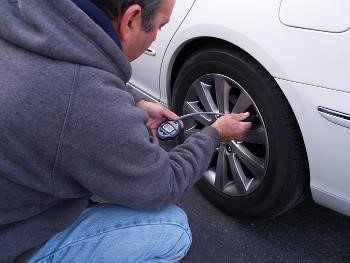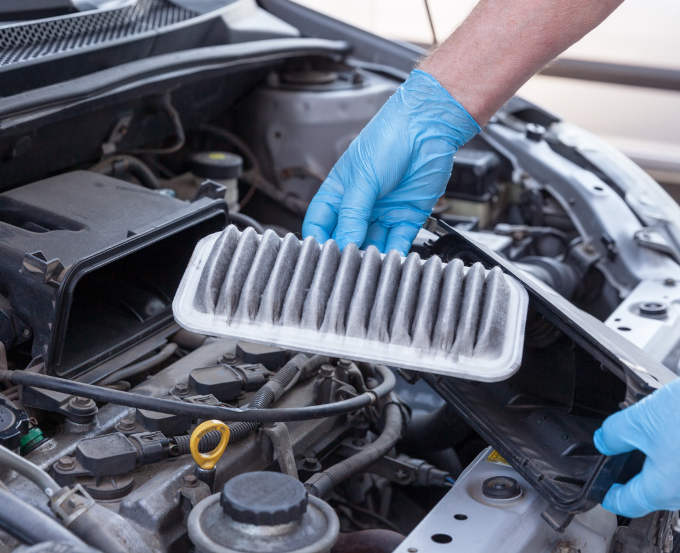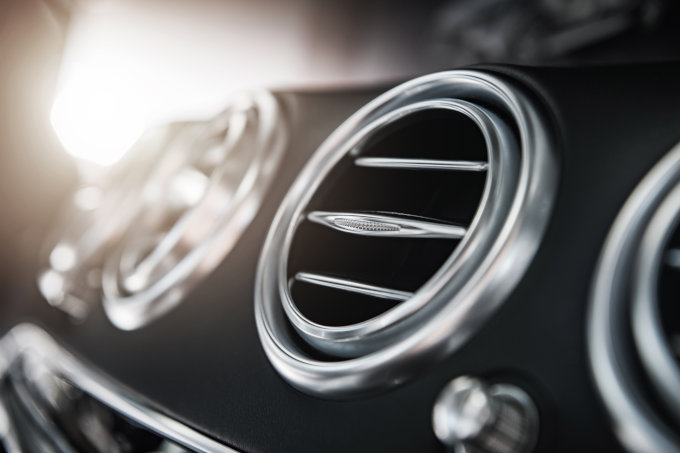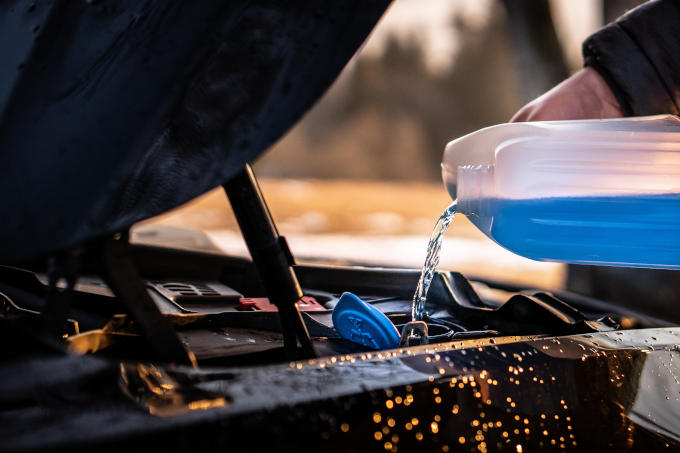People forget to check their tire pressure since it gets checked during an oil change. Read on to learn why you should check your tire pressure regularly!
If something went wrong with your car, how confident are you that you could fix it yourself? Did you answer with a resounding, "No"? If so, you're not alone.
Most Americans have no idea where to even begin when it comes to taking care of car problems. In fact, even minor issues like checking their tire pressure can be overwhelming for the average person.
Do you know how to check the tire pressure on your car? If not, it's time to learn. This is one of the easiest steps you can take to maintain your car and keep it running smoothly.
Read on to learn why you should check your tire pressure on a regular basis.
Why You Should Check Your Tire Pressure
Some people don't think that checking their tire pressure matters, especially since it typically gets checked during their regular oil changes.
In reality, though, tire pressure can change quite a bit in between oil changes, and it's important to know how to spot these changes. If you let your tires become over- or underinflated, you could be setting yourself up for a variety of problems.
Risks of Overinflation
When tires are overinflated, they become stiff and rigid. The tire's contact patch (the amount of rubber that touches the road) is also reduced.
Overinflated tires cause a "harder" ride and uneven tread wear. Typically, the center of the tires wears down smooth, while the tread remains on the outsides.
Overinflated tires are also more prone to damage from everyday hazards like potholes and road imperfections.
Risks of Underinflation
Overinflated tires can cause problems, but so can underinflated tires.
An underinflated tire will not hold its shape and more of the tire will come in contact with the road. This causes the shoulders or the tire to wear down prematurely.
Underinflated tires are also more flexible. As a result, they can negatively affect your car's fuel efficiency.
How to Check Your Tire Pressure
As you can see, checking your tire pressure is very important. But, how do you actually check the pressure?
Purchase a Tire Gauge
Before you can check your tire pressure, you first need to make sure you have a high-quality tire gauge.
Tire gauges come in stick, dial, and digital models. Digital gauges are typically the most accurate and the easiest to read. Many also come with an illuminated display, so it's easy to check your tire pressure even when it's dark outside.
Digital gauges are also quite affordable, costing, on average, about $12.
It's true that most gas stations and service stations have tire gauges available. But, if you have your own, you'll be able to get a consistent reading no matter where you are.
Keep your tire gauge in your glove compartment so it's always available when you need it.
Checking Your Tire Pressure
Once you have a tire gauge, it's time to check your tire pressure. To quickly check the pressure, simply follow these steps:
- Turn the cap on the air valve counterclockwise to unscrew it.
- Once the cap has been removed, press the tire gauge against the valve stem (it's normal to hear a hiss of air when you do this).
- Read the pressure gauge.
- Compare the number to the recommended tire pressure (you can find this on the inside of the driver's side door.
- Either add air or let some air out, depending on the reading and the recommendation for your vehicle.
- Replace the air valve cap and turn it clockwise to screw it in
- Repeat the process with each of your tires.
That's all there is to it! If you've been unsure of how to check your tire pressure, now you've got the basics down.
Bonus Tips
These tips can help you ensure you get the most accurate reading possible every time you measure your tire pressure:
Measure the Pressure When the Tires are Cold
Measuring your tire pressure when your tires are cold helps you get a more accurate reading. Driving heats up the tires, so it's best to wait to measure until your tires have sat for at least three hours.
Don't Forget to Check the Spare
Don't forget to check the pressure in your spare tire, too. After all, what's the point of keeping a spare tire around if it won't support your car when you need it most?
Push the Gauge Down All the Way
Some people are nervous about damaging their tires when they check the pressure. As a result, they don't push the gauge all the way down into the tire. This makes it harder to get an accurate reading, so don't be shy.
Write Down the PSI for Each Tire
For some cars, the front and rear tires have different pressure requirements. If this is the case for your car, be sure to write down the correct pressure for each tire. This will help you avoid getting confused as you move around the car.
How Often Should You Check Your Tire Pressure?
Most car experts agree that a tire pressure check should take place once a month. But, there are also some other times when you should check your tire pressure.
For example, you need to check your tire pressure when the temperature changes from hot to cold. Remember, tire pressure can change 1-2 pounds per square inch for every 10-degree change in ambient temperature.
It's also important to check your tire pressure whenever you run over a sharp object. Objects like nails and screws can puncture the rubber and lead to flat or underinflated tires.
You should also check the pressure if you happen to strike a curb or other object while you're driving.
Looking for More Vehicle Maintenance Tips?
Now that you know why you should check your tire pressure regularly, are you interested in learning about other steps you should be taking to maintain your car?
Be sure to check out the car comfort and safety tips listed on our blog today.
There's tons of great advice here that will help you extend your car's lifespan and stay safe on the open road.










